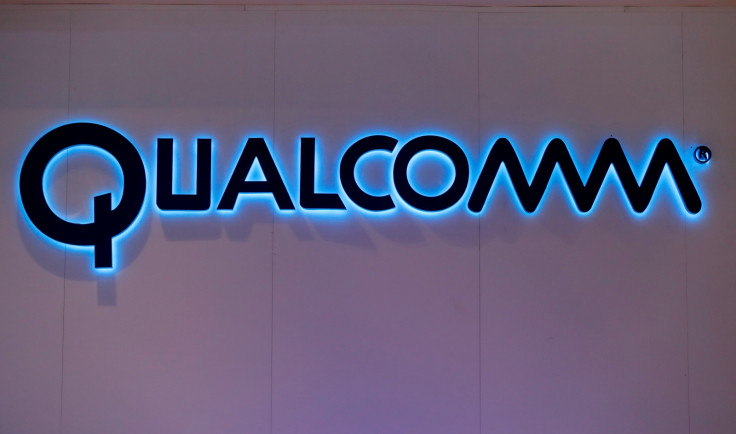Qualcomm countersues Apple claiming iPhone maker breached agreements
The chip maker says Apple encouraged regulatory attacks against it around the world.

Qualcomm has responded to Apple's $1bn (£805m) January lawsuit over licensing fees for mobile technology by filing a countersuit against the iPhone maker.
In its filing at the US District Court for the Southern District of California, the chip manufacturer alleged that Apple breached and mischaracterised agreements and negotiations, and interfered with Qualcomm's long-standing agreements with device manufacturers.
Qualcomm claimed Apple encouraged regulatory attacks against it around the globe.
The company also alleged that Apple opted "not to utilize the full performance of Qualcomm's modem chips in its iPhone7," and threatened it in an attempt to prevent it from making any public comparisons about the superior performance of the Qualcomm-powered iPhones.
A press release by Qualcomm said the company was seeking unspecified damages from the iPhone maker for reneging on its promises in several agreements and to "enjoin Apple from further interference with Qualcomm's agreements with the companies that manufacture iPhones and iPads for Apple."
Don Rosenberg, executive vice president and general counsel of Qualcomm said: "Apple could not have built the incredible iPhone franchise that has made it the most profitable company in the world, capturing over 90 percent of smartphone profits, without relying upon Qualcomm's fundamental cellular technologies."
"Apple refuses to acknowledge the well established and continuing value of those technologies. It has launched a global attack on Qualcomm and is attempting to use its enormous market power to coerce unfair and unreasonable license terms from Qualcomm. We intend to vigorously defend our business model, and pursue our right to protect and receive fair value for our technological contributions to the industry."
Apple had filed a suit against Qualcomm on 20 January accusing the company of overcharging for chips and refusing to pay about $1bn in promised rebates.
© Copyright IBTimes 2025. All rights reserved.





















